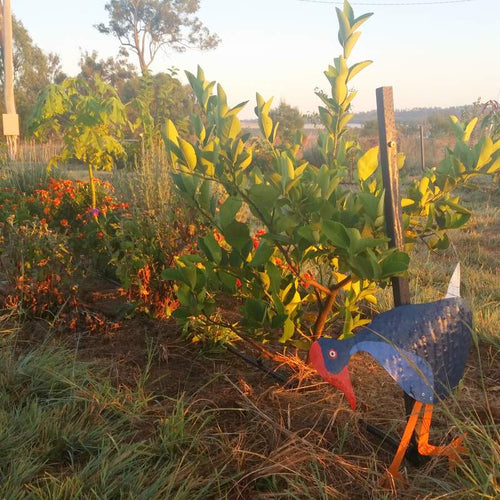How I use herbs - bay leaves
Bay leaves come from a small tree known as Laurus nobilis. I don't have a bay tree yet, but its on the list of perennial herbs that I would like to grow. I use a lot of bay leaves and lately I've been lucky to pick up fresh leaves from our local community share. I dry the leaves and keep them in a jar in my spice cupboard.

How to grow bay
While bay trees are usually described as "small", they can grow to 15m, so they need to be managed to keep size under control. The tree can be propagated from cuttings or seeds. It does not tolerate cold temperatures below -15degC. They can be kept in pots, but I'm planning on planting one in the garden as I don't like having to remember to water plants in pots.

How to use bay leaves
I put bay leaves in everything! Well not everything, but if I'm making a stock, soup, casserole or curry I will pop in 2-3 bay leaves. They add flavour to any slow cooked dish. The main challenge is to remember to fish them out as you don't really want to eat them, they are a bit stringy.
Bay is also used medicinally as a digestive tonic. The essential oil can be used externally for arthritis and the leaves can be added to bathwater (or even better, I tea made with the leaves can be added to bathwater, in case your bath is not hot enough to extract all the goodness).
From Greek legends onwards, bay has been considered a herb of strong magic, able to attract good fortune and wealth and to keep away evil. The death of a bay tree was a bad sign (uh oh, better make sure I keep it alive!). Bay leaves are also mildly narcotic when chewed!
What about you? Do you grow bay? Do you bay leaves in everything?
More info about herbs can be found on this page - a tour of my herb garden.























I love my bay leaf plant. It’s low maintenance and prolific. I can’t grow much on my small south facing patio, but this plant makes me look like I know what I’m doing.
Leave a comment